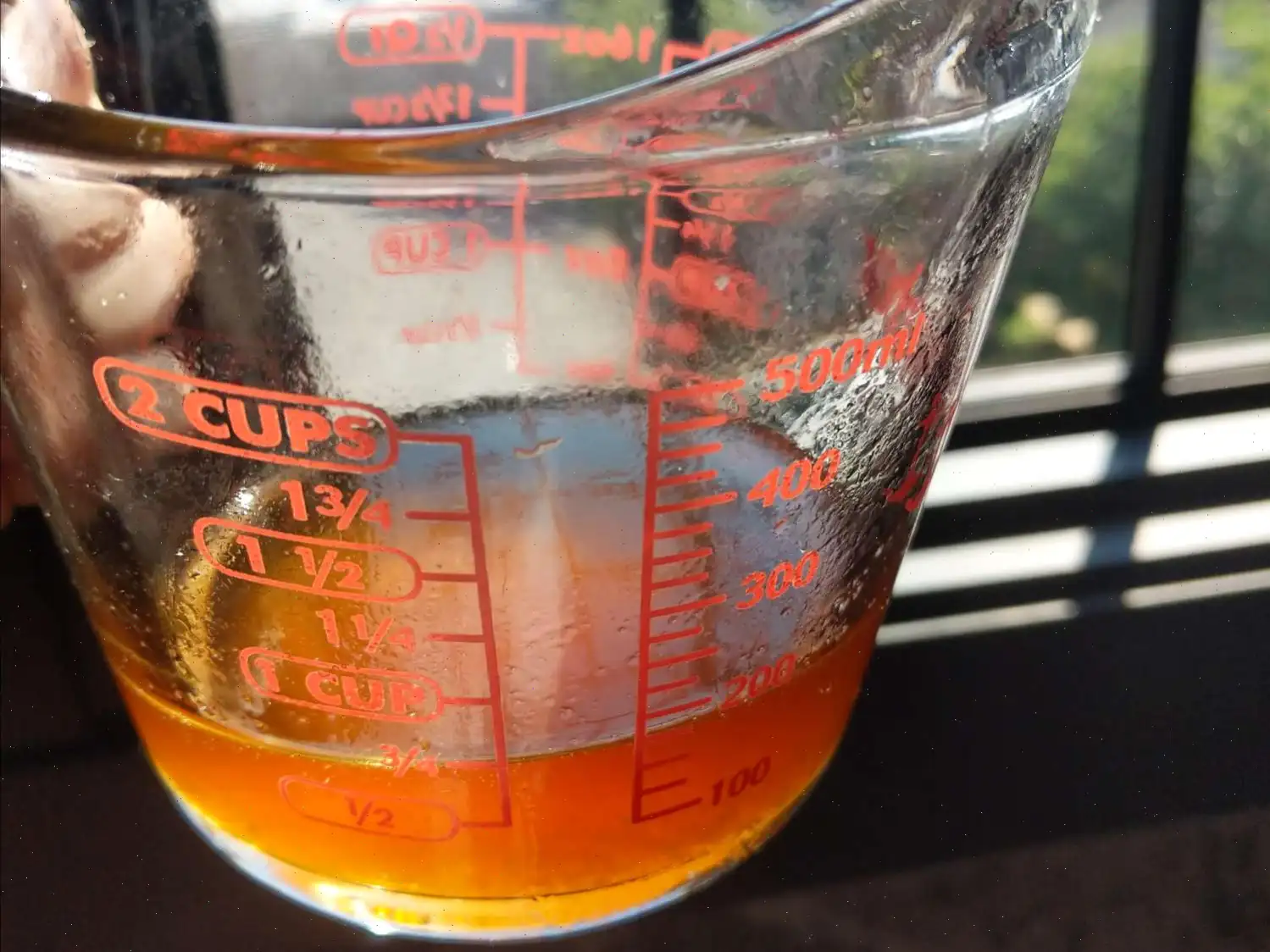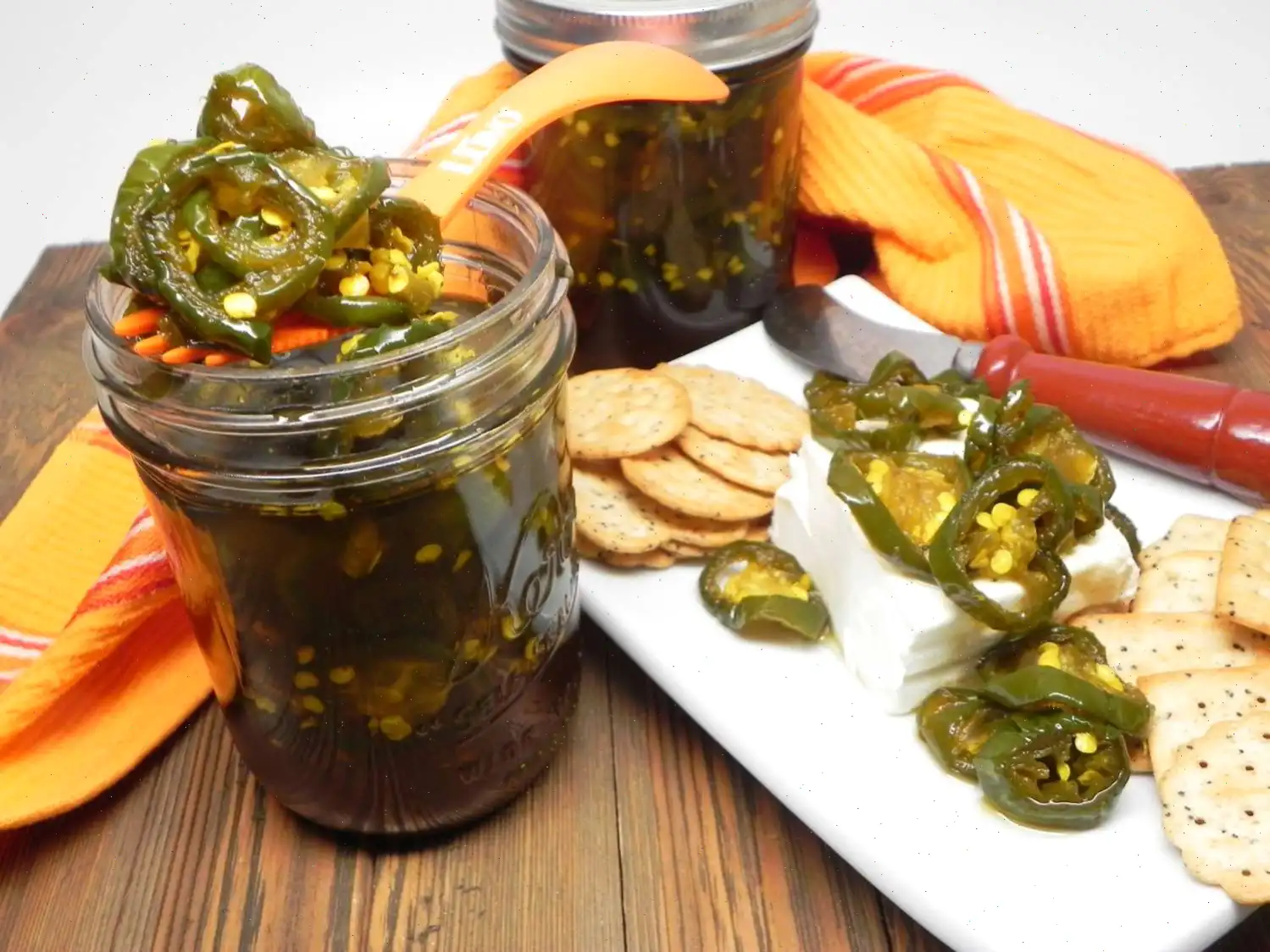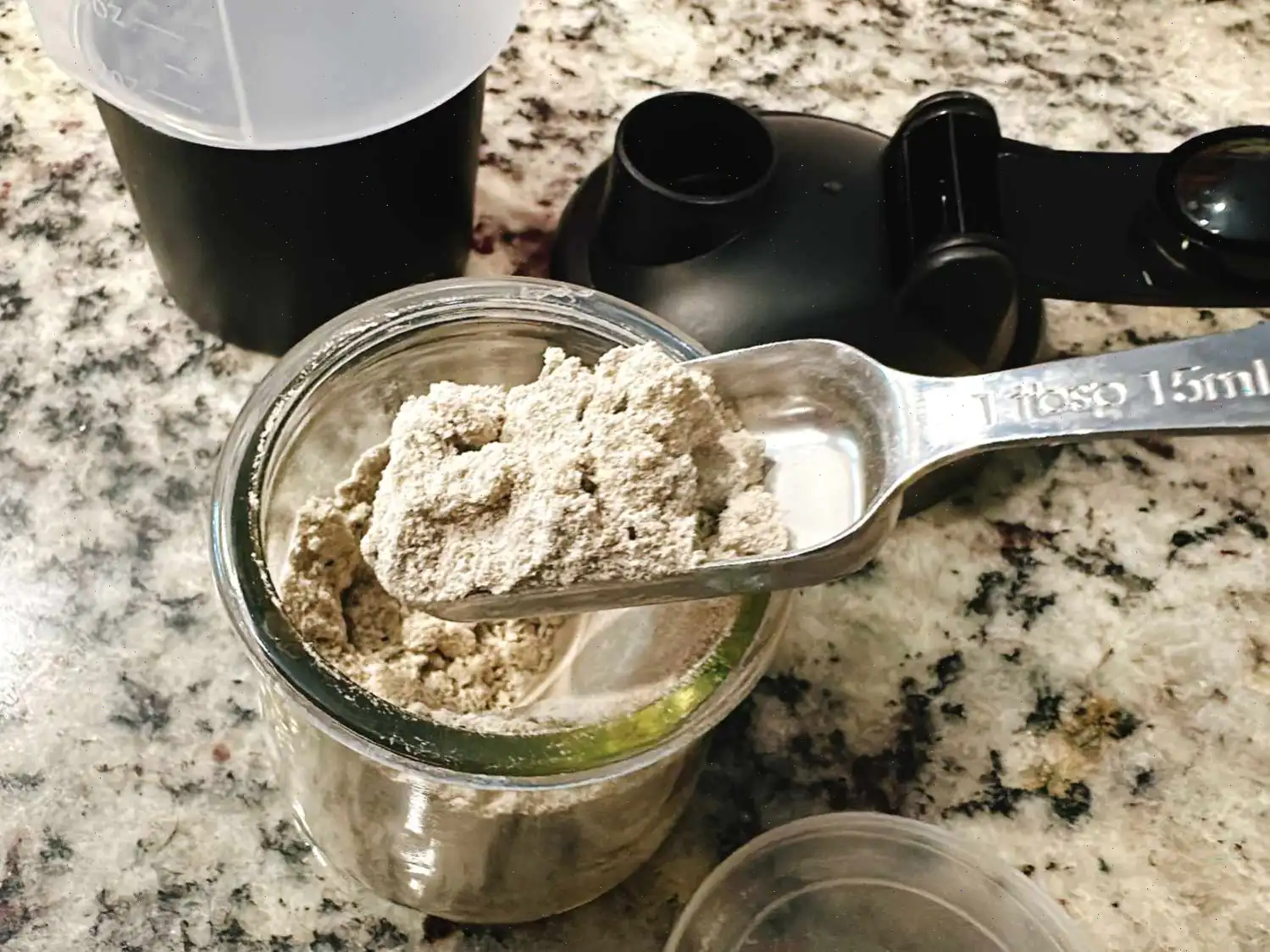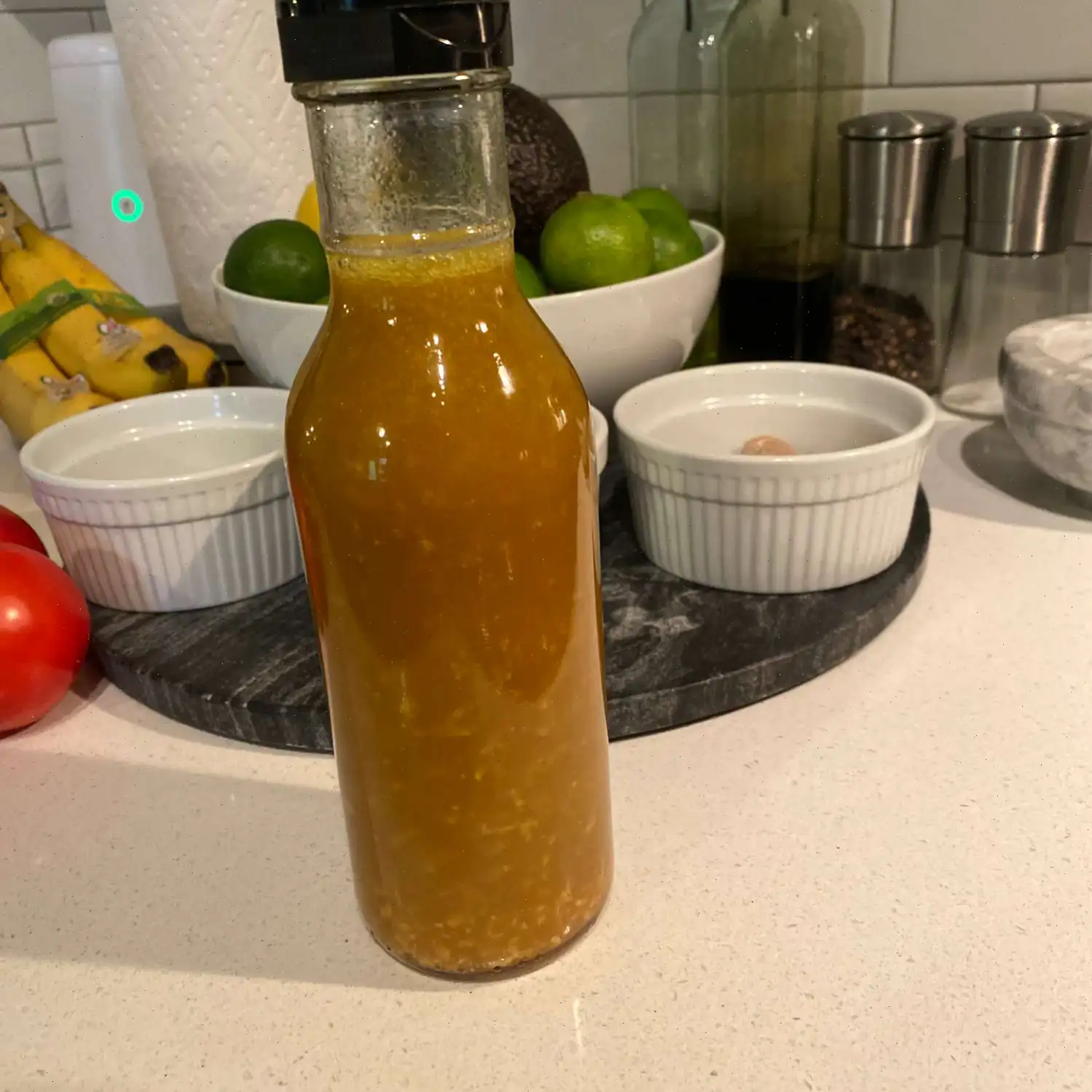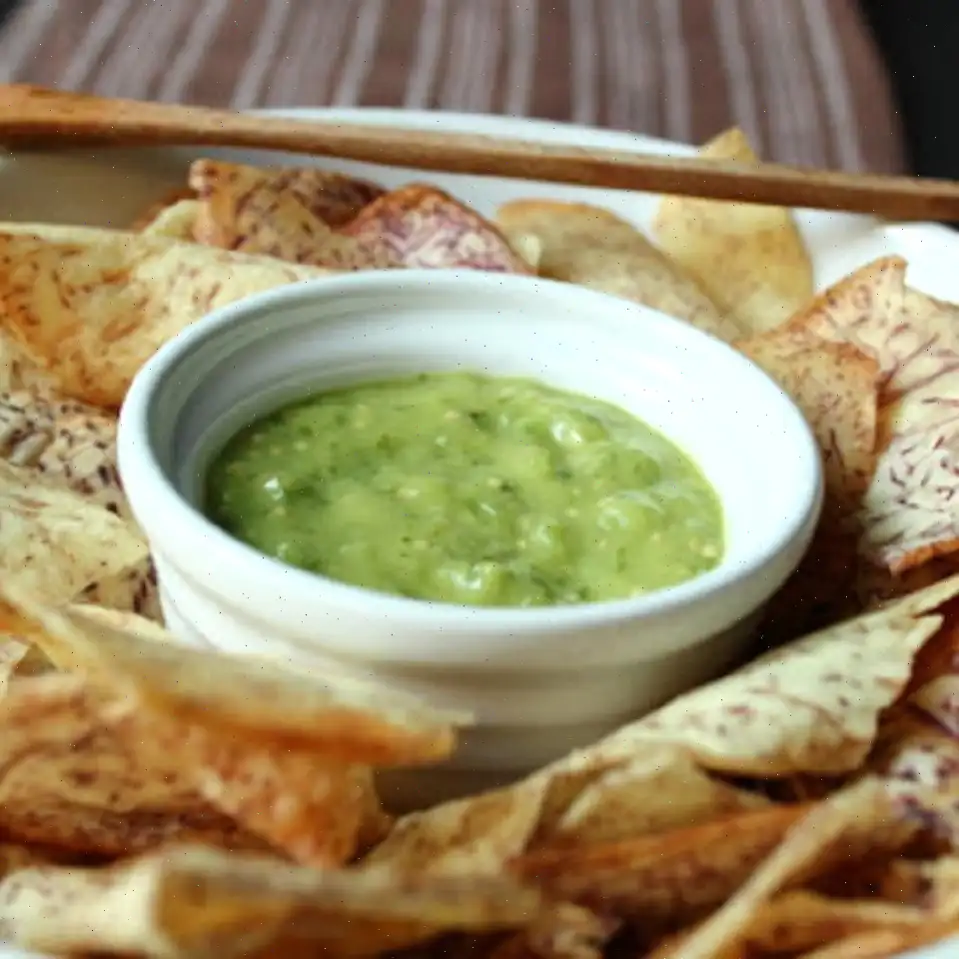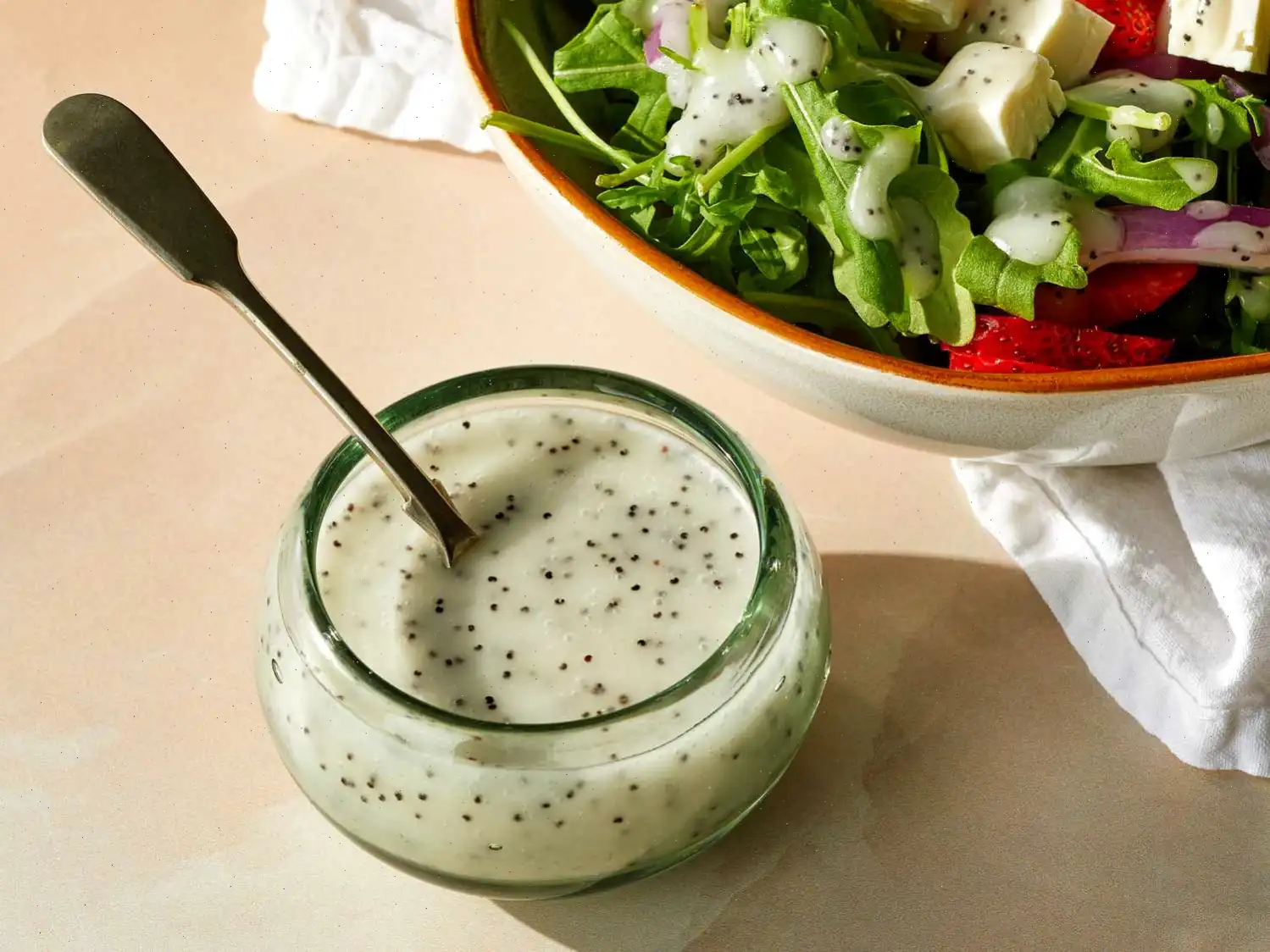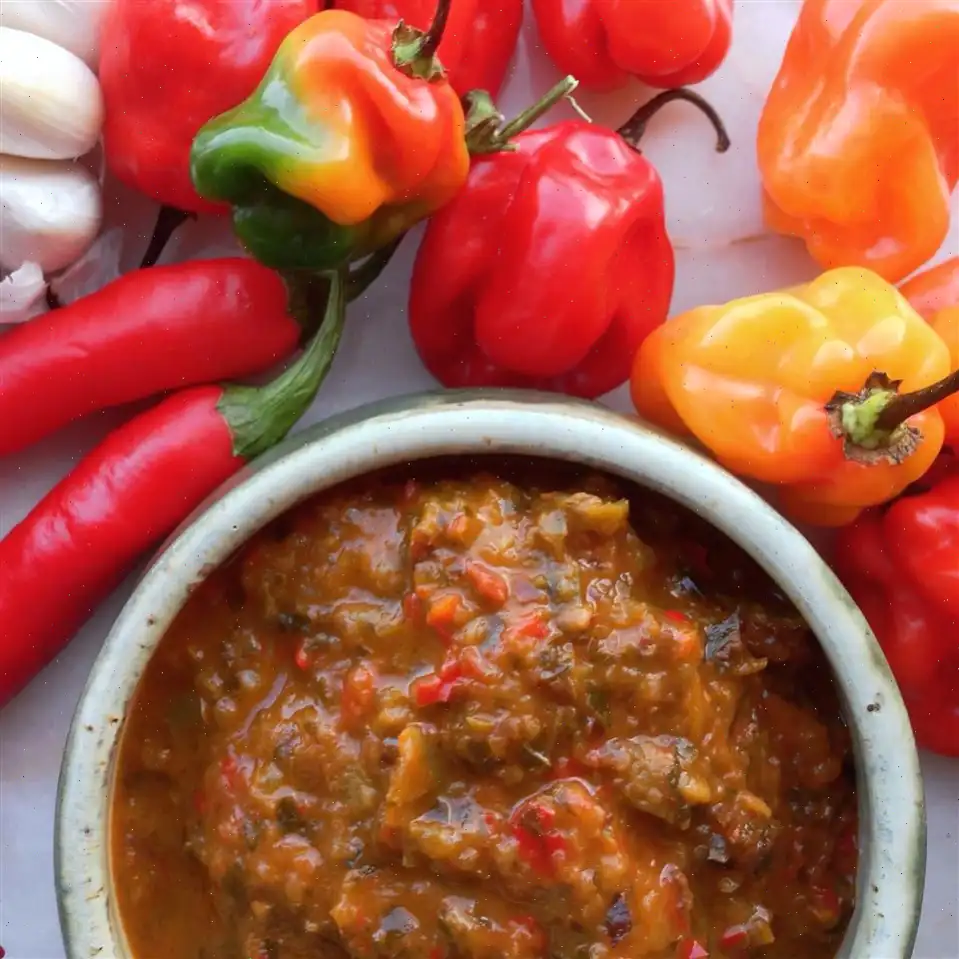
Honey Syrup Recipe
Ingredients
- 1 cups honey
- cup water
- cup fresh lemon juice
- teaspoon grated lemon zest
Directions
Step 1: In a small saucepan, combine the honey, water, lemon juice, and grated lemon zest.
Step 2: Cook the mixture over medium heat, stirring occasionally, until it starts to boil.
Step 3: Allow the syrup to continue boiling, stirring occasionally, until it thickens and reduces by about a quarter.
Cook's Note
If using the syrup to flavor a cake, poke small holes in the cake with a fork before pouring the warm syrup on top. Let it soak for a few minutes before serving.
Nutrition Facts (per serving)
| Calories | 35g Carbs | 0g Protein |
|---|---|---|
| 130 | 35g | 0g |
Nutrition Breakdown
| Nutrient | Amount | % Daily Value* |
|---|---|---|
| Sodium | 2mg | 0% |
| Total Carbohydrate | 35g | 13% |
| Dietary Fiber | 0g | 0% |
| Total Sugars | 35g | - |
| Protein | 0g | 0% |
| Vitamin C | 3mg | 3% |
| Calcium | 3mg | 0% |
| Iron | 0mg | 1% |
| Potassium | 29mg | 1% |
* Percent Daily Values are based on a 2,000 calorie diet. Your daily values may be higher or lower depending on your calorie needs.
** Nutrient information is not available for all ingredients. Amount is based on available nutrient data.
If you are following a medically restrictive diet, please consult your doctor or registered dietitian before preparing this recipe for personal consumption.

Recipe by: DeniseNH
Origin Story
Honey syrup, a delightful and natural sweetener, has its origins in ancient Greece. The Greeks were among the first to explore the versatility of honey, using it not only as a food source but also for medicinal purposes. Honey was considered a divine gift from the gods, symbolizing fertility and prosperity. The addition of lemon juice and zest in this syrup gives it a refreshing citrus twist, which is common in Greek cuisine, where the combination of honey and lemon is often used in desserts and beverages. This particular recipe is a modern adaptation of the ancient practice of combining honey with other natural ingredients to create a flavorful syrup.
Regional Variations
While honey syrup is a beloved treat in Greece, its variations can be found in other Mediterranean countries. For example, in Cyprus, a similar syrup known as "petimezi" is made from grape molasses and honey. In Turkey, honey is often paired with pomegranate juice to create a sweet, tart syrup that is drizzled over pastries. The addition of citrus flavors like lemon or orange zest is a characteristic feature of Greek-style honey syrup, which adds a light, tangy contrast to the sweetness of the honey. This regional specificity of ingredients gives honey syrup its unique flair, especially in desserts and pastries.
Distinguishing Features
Honey syrup stands apart from other syrups like maple syrup due to its base ingredient honey, which provides a floral, rich sweetness. Unlike maple syrup, which has a woody, earthy flavor, honey syrup is delicate and versatile. Furthermore, the infusion of lemon juice and zest gives honey syrup a fresh, citrusy note, making it a perfect complement to cakes, pancakes, or even hot beverages. While both maple syrup and honey syrup are often used as toppings for breakfast foods, honey syrup tends to have a lighter, more aromatic flavor that appeals to those looking for a balance between sweetness and freshness.
Where Its Served
Honey syrup is commonly served in a variety of culinary settings, particularly in Mediterranean and Middle Eastern cuisine. It is often drizzled over cakes, such as Greek honey cakes, or poured over pancakes, waffles, and French toast. Additionally, honey syrup is a popular ingredient in cocktails, adding a sweet and citrusy depth to drinks like mojitos or iced teas. The syrup is also used to soak sponge cakes, allowing it to seep into the cake and create a moist, flavorful dessert. In many households, especially in Greece, its a staple on the breakfast table, served with yogurt or as a topping for bread and pastries.
Interesting Facts
- The ancient Greeks believed honey was the "nectar of the gods" and used it in religious rituals, symbolizing wealth and vitality.
- Honey has natural preservative qualities due to its low moisture content, which prevents the growth of bacteria and mold.
- Honey syrup can be customized with various citrus flavors like orange or lime, offering endless variations for different tastes and cuisines.
- In Greek culture, honey is often used not just as a sweetener but also as a symbol of hospitality and is frequently given as a gift during special occasions.
- Honey syrup is also praised for its potential health benefits, including soothing sore throats and providing an energy boost, thanks to the natural sugars and antioxidants in honey.
Recipe Instructions
Ingredients
- 1.5 cups honey
- 0.5 cup water
- 0.25 cup fresh lemon juice
- 0.5 teaspoon grated lemon zest
Directions
- Combine honey, water, lemon juice, and zest in a small saucepan.
- Cook over medium heat, stirring occasionally, until the mixture begins to boil.
- Continue boiling until the mixture thickens and is reduced by one-fourth.
Nutrition Facts (Per Serving)
- Calories: 130 kcal
- Total Carbohydrates: 35g
- Sugars: 35g
- Protein: 0g
- Fiber: 0g
- Sodium: 2mg
FAQ about Honey Syrup Recipe
Comments
George Cruz
02/20/2023 10:09:11 PM
This syrup paired beautifully with the Honey Cake I made. I opted to use marmalade instead of the full amount of honey to save some money, and it worked out well - the flavor and consistency were still fantastic.
Robert Hernandez
02/19/2023 01:35:40 AM
I came across reviews warning that it might be overly sweet, so I decided to double the amount of lemon zest and include a pinch of salt. It turned out fantastic! It pairs wonderfully with crepes drizzled with melted butter or with pancakes topped with berries, among other things. I'll definitely be keeping this stocked in my fridge.
Lisa Taylor
12/04/2023 06:03:44 PM
This product is incredibly delicious, but be cautious as it is extremely sweet. I recommend using it sparingly. I paired it with pancakes and it was a delightful combination.


